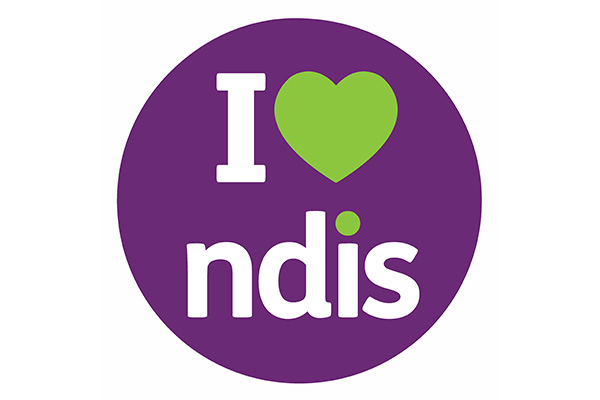In Australia, Occupational Therapy (OT) and the National Disability Insurance Scheme (NDIS) work together to provide comprehensive support and services to individuals with disabilities. The NDIS is a government-funded program that aims to assist people with permanent and significant disabilities in accessing the necessary supports and services to improve their daily living, independence, and overall quality of life. Occupational therapy is one of the key services that can be funded and accessed through the NDIS.
Here’s how Occupational Therapy and the NDIS work together:
- NDIS Access and Planning: To access the NDIS, individuals need to meet eligibility criteria based on their disability and its impact on their daily functioning. Once deemed eligible, they go through a planning process where their goals, needs, and support requirements are identified. During this process, the need for occupational therapy services can be assessed and included in the individual’s NDIS plan.
- Funding for Occupational Therapy: The NDIS provides funding for reasonable and necessary supports, including occupational therapy. The funding covers the cost of assessment, intervention, and ongoing therapy services delivered by qualified occupational therapists. The funding amount is determined based on the participant’s needs and goals outlined in their NDIS plan.
- Choice and Control: The NDIS emphasizes participant choice and control, allowing individuals to choose their preferred occupational therapy provider. Participants can research and select an OT practice or therapist who meets their specific needs, preferences, and location requirements. This promotes a client-centered approach and ensures individuals receive the best possible care.
- Assessment and Goal Setting: Occupational therapists play a crucial role in the NDIS planning process. They conduct comprehensive assessments to identify the participant’s strengths, challenges, and goals related to daily activities, independence, and participation. Based on this assessment, the OT collaborates with the participant and their support network to develop a therapy plan that aligns with their NDIS goals.
- Therapy Interventions: Occupational therapists implement evidence-based interventions to address the participant’s specific needs and goals. This may include activities to enhance physical, cognitive, sensory, or emotional functioning, training in daily living skills, assistive technology recommendations, home modifications, and support with community participation and vocational activities.
- Ongoing Reviews and Plan Updates: The NDIS plans are reviewed periodically to ensure they remain aligned with the participant’s evolving needs and goals. Occupational therapists provide progress reports and collaborate with the participant and their support team to reassess goals, adjust therapy strategies, and update the NDIS plan as required.
By integrating occupational therapy services within the NDIS framework, individuals with disabilities have access to a holistic approach to support and therapy. This collaboration aims to maximize their independence, participation, and overall well-being.
If you are looking for Occupational Therapy Services in Coffs Harbour – look no further, contact us to discuss your needs.

